The majority of retailers don’t believe they’re getting a satisfactory return for what they are offering their customers, according to a global pricing study by strategy and marketing consultants Simon-Kucher & Partners (SKP). And it’s significantly knocking their profits.
The study has revealed that only a third of senior executives covering a broad range of retail industries including fuel, say they are getting the money they deserve for the value they’re delivering to their customers.
The two-thirds that aren’t getting their just deserts are classed as companies with low pricing power. The research suggests they’re giving away a massive 25% of their profits by maintaining this stance.
"If all companies were aware of the negative consequence of poor pricing, they would put more effort into the pricing function," says Andreas Jonason, director of the energy division at SKP. "Why is it that retailers are so unsuccessful compared to all the other industries? The question is how much are they using profit as their predominant target?"
Jonason says pricing power should become an important key performance indicator for all companies, but there are lots of different reasons why this doesn’t happen: "For example, tracking sales is a lot easier," he says. "There’s an element in retailing about the status of your sales. There’s over-estimation of the value of scale, for instance, companies want to be dominant in terms of market share, or because they think people will take them more seriously. They would rather be seen selling 10 million and making £1m than selling five million and making £2m.
"They think ’if I sell a lot of fuel on my station, customers will tend to stay with me, and when better times come I will be the one to prosper’." Jonason says there could be a tendency for retailers to over-estimate the value of selling more at a lower margin, than selling less at a higher margin: "When you see two-thirds of the industry is not using profit as their target, it rings alarm bells for me as a pricing expert! Before I began working in the oil industry, I thought oil companies were fantastically profit-driven, and would trick me out of my last cent. But when I joined the industry I realised there was tremendous volume focus. Oil companies constantly talked about forecourts in terms of fuel volume, but no one talked about how much profit a station was actually making. If you ask retailers how many more litres they would need to sell if they lowered their margins by 10%, how many would know? But it’s a very simple calculation."
The successful companies give two main reasons for their positive situation: they have a strong brand and are able to sell at a premium: "You would imagine then, that the unsuccessful companies would say their brand is weak and they’re selling a commodity. But that is not the case. They blame the local competition for forcing them to lower their prices," explains Jonason.
"If you follow the logic of the research, it’s saying that successful companies have a strong brand, therefore they can extract a lot of value and control their destiny they are proactive, not reactive.
"But fuel retailers should understand that a strong brand doesn’t necessarily mean that you have a brand name. It could be a strong presence, for example, in a particular community, where everyone knows their local service station. They could be stronger at what they do than any supermarket or major oil company. It might be down to the particular people running it, making it stand out. People can’t survive today without being very good at what they’re doing. The successful companies have an element of premium value and take the lead, using their strong position."
The two things that stand out in terms of improving pricing power, according to the survey, are innovations and product value. Then relating that back to the customer. How many are attracting profit? How many are attracting sales?
Jonason suggests retailers survey their customers to see what would make them come to their sites more often: "Maybe they come to your site just once a month to refuel, and go elsewhere at other times. Just imagine if all of them could come in just once more?"
The survey reveals the biggest attraction was instant redemption a reward of something, such as a free meal offer after three visits to refuel simple and relatively instant.
Far too much attention is paid to penny pinchers about a third of customers claims Jonason. "As soon as the price is lowered these guys come. That means one-third of the customer base is completely disloyal. If you’re making no money on them, what is the point? Figure out who is the most profitable customer, and what would attract them more often. If it’s clean toilets, you know what to do and what you don’t need to waste your time doing.
"You need to utilise your strengths, focus on areas your competitors can’t follow. For example, small companies in a certain region could get together and create their own independent fuel card."
The survey also showed that where legislation had been introduced to tackle below-cost selling, retailers had lost fuel volume: "What is needed are rules and legislation to discourage under-pricing without raising the complexity for small players," says Jonason. "A market solution is covered in arbitrage pricing in other industries. It needs research to be applied to retail fuels but it has been applied successfully elsewhere."






















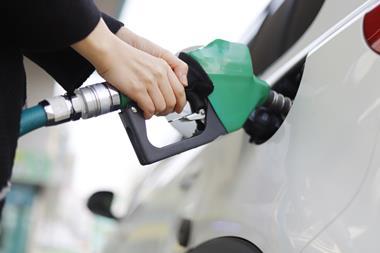
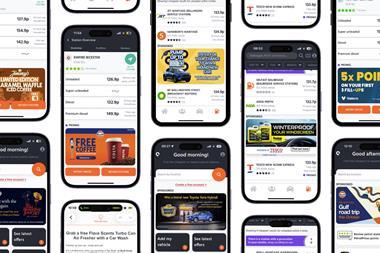
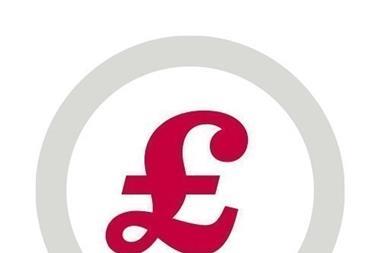
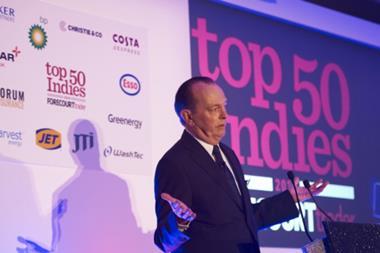

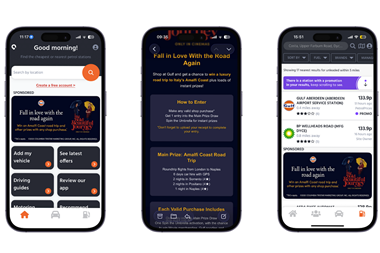

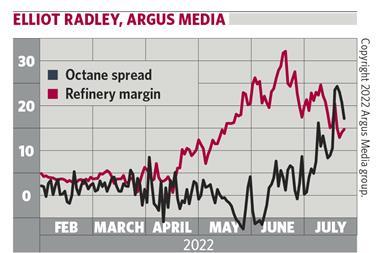
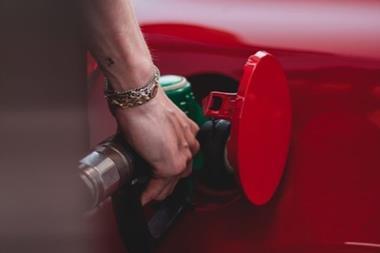
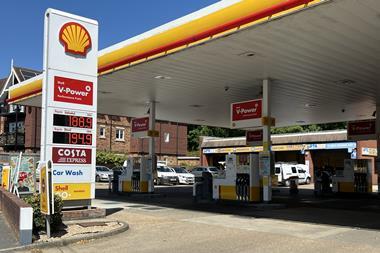
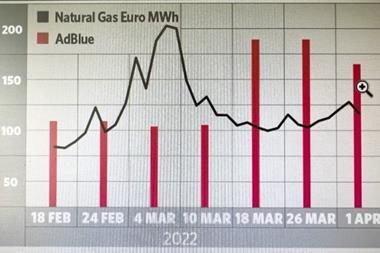
No comments yet